Artificial Intelligence
Artificial Intelligence (AI) Research aims to build systems and models that show intelligent behaviors. It includes diverse technologies ranging from machine learning, deep learning, deep neural networks, knowlege graphs, genetic programming, computer vision, robotics, natural language processing and so on. Led by the AI Institute, the AI research at UofSC has strengths in knowledge graphs, knowledge enhanced learning, deep learning, graph neural networks, reinforcement learning, computer vision, facial expression analysis, and evolutionary algorithms. We also specialize in diverse AI application research in areas such as robotics, public health, social good, manufacturing, education, neuroscience, epidemiology, autism, healthcare/nursing/medicine, materials discovery, AI for science, and disaster management.
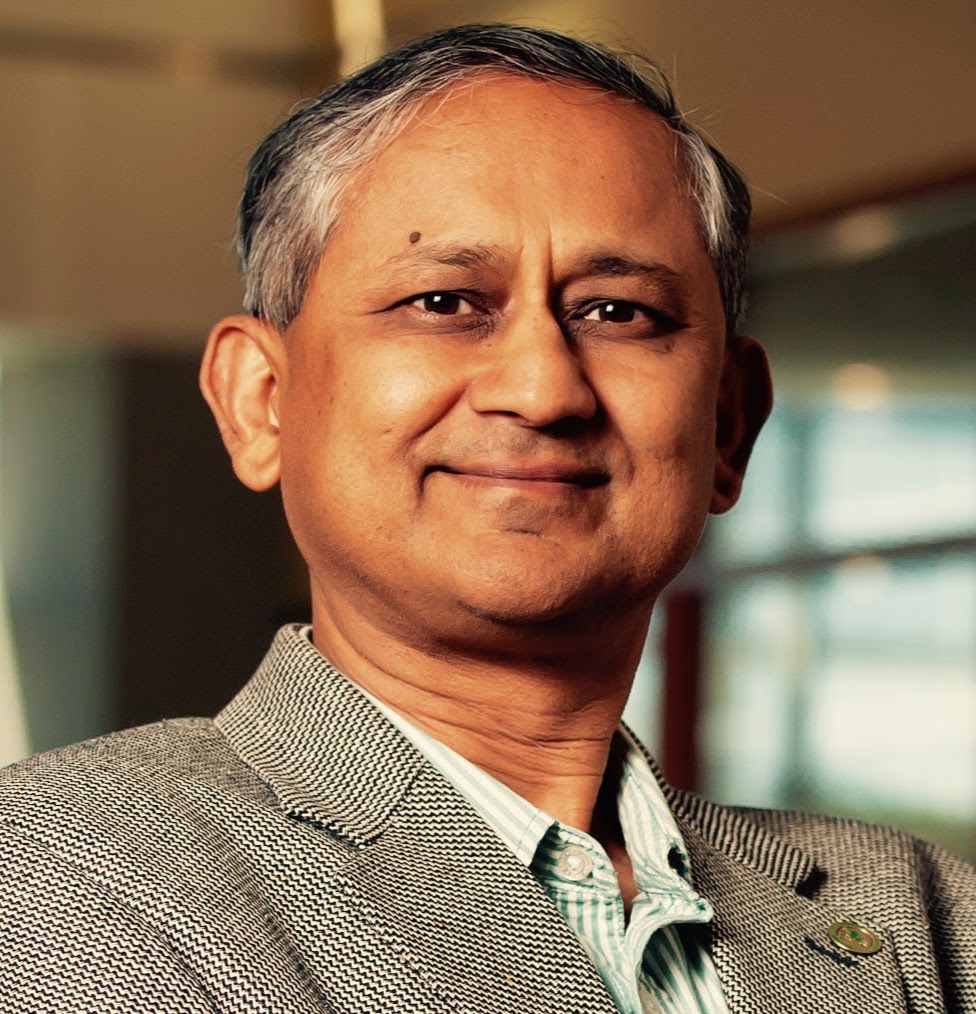
Amit Sheth
Professor
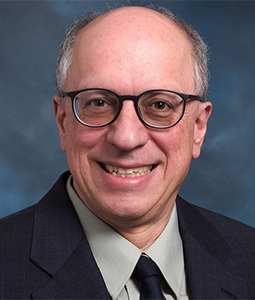
Marco Valtorta
Professor
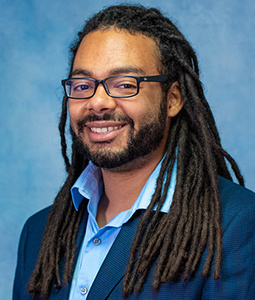
Forest Agostinelli
Assistant Professor

Qi Zhang
Assistant Professor
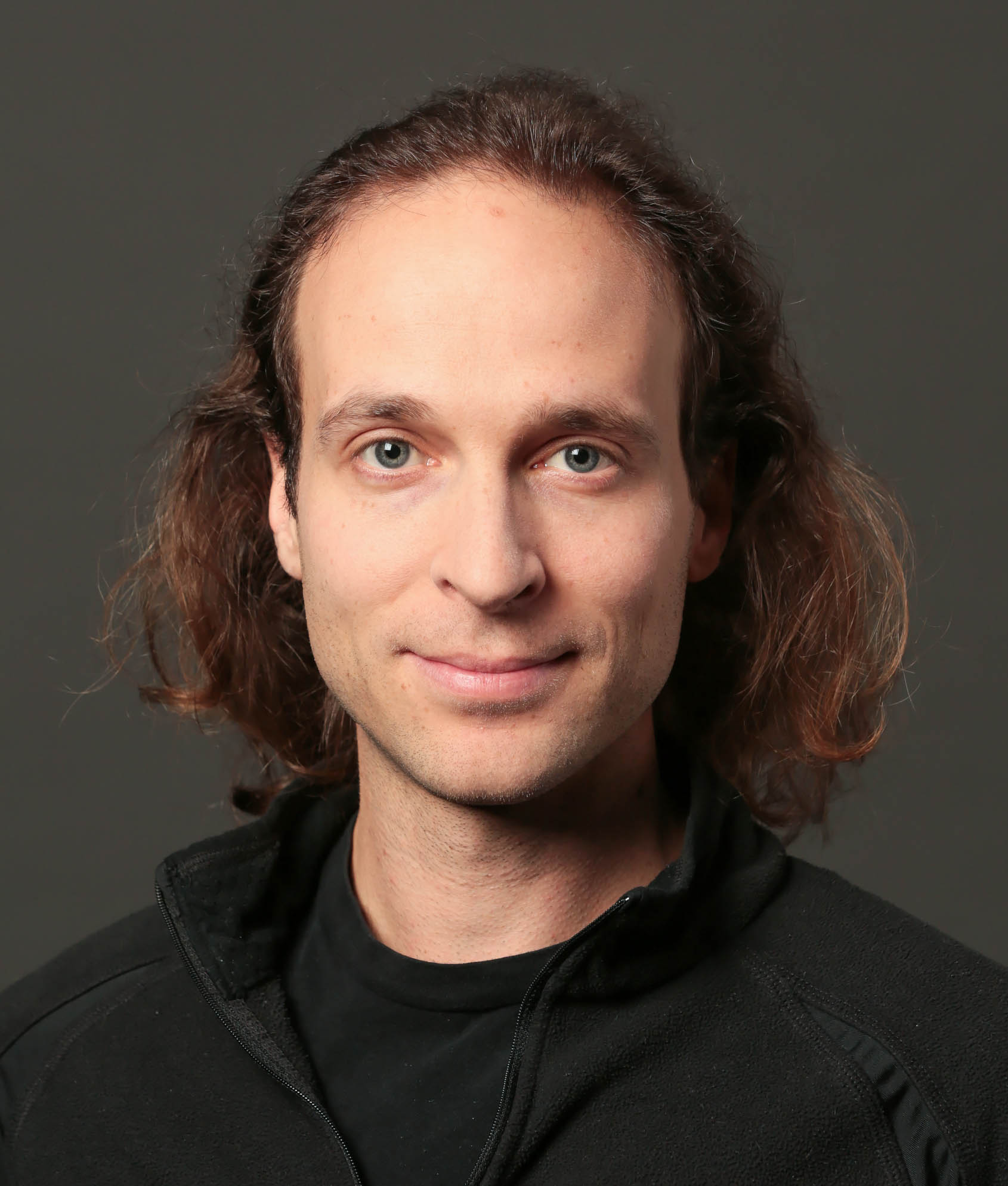
Christian O'Reilly
Assistant Professor
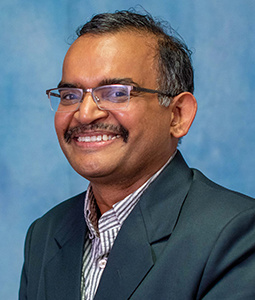
Biplav Srivastava
Professor
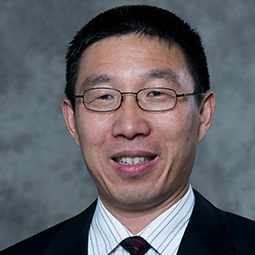
Song Wang
Professor
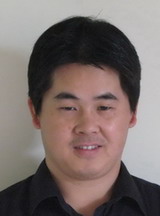
Jianjun Hu
Professor
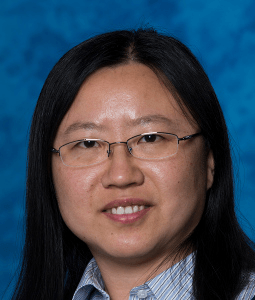
Yan Tong
Associate Professor

Ioannis Rekleitis
Associate Professor
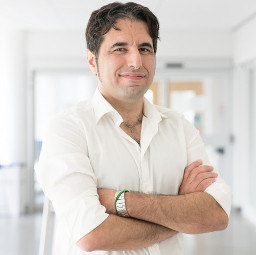
Pooyan Jamshidi
Assistant Professor
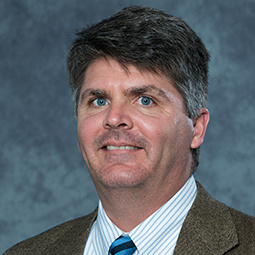
Jose M. Vidal
Professor
- AI Institute
- Computer Vision Lab
- AI System Lab
- Machine Learning and Evolution Lab
- Autonomous Field Robotics Lab
- Laboratory for Integrative Neuroscience Analysis
Machine Learning
Machine learning (ML) research develops alorithms that train predictive models for systems to learn automatically from data and perform complicated tasks in vision, natural language processing and scientific discovery. ML Research at UofSC includes both theoretical understanding and diverse innovative applications in a variety of domains. The ML research strength at UofSC CSE includes ML systems, causal ML, reinforcement learning, deep learning, graph neural networks, genetic programming and genetic algorithms, and neuromorphic computing for ML. We are also featured by diverse ML applications in robotics, vision, facial expression analysis, security, materials informatics, bioinformatics and so on.

Jianjun Hu
Professor

Pooyan Jamshidi
Assistant Professor

Qi Zhang
Assistant Professor

Forest Agostinelli
Assistant Professor

Song Wang
Professor

Yan Tong
Associate Professor
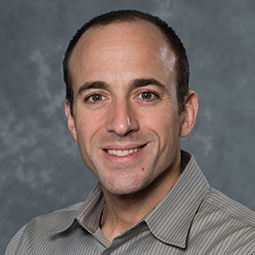
Jason Bakos
Professor

Ioannis Rekleitis
Associate Professor

Vignesh Narayanan
Assistant Professor
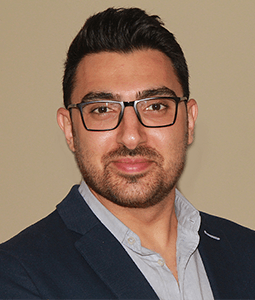
Ramtin Zand
Assistant Professor
- AI Institute
- Machine Learning and Evolution Lab
- Autonomous Field Robotics Lab
- Computer Vision Lab
- AI System Lab
Bioinformatics, Health Informatics, and Computational Biology
The availability of high-throughput sequencing genome and protein sequences data, protein structures, gene functions data, and E-health data is bringing unprecedented opportunities to uncover the secrets of life and to identify the fundamental mechanisms of diseases. This calls for developing efficient algorithms for genome sequence comparison analysis, constructing evolutionary histories, and predicting genome and protein structures and functions. Research at UofSC has produced state-of-the-art algorithms for NMR based protein structure determination, models for protein-DNA/RNA/Peptide interactions, peptide sequencing, chromatin architecture, phylogenetic analysis from genome rearrangement and sequence data, spatial and structural genomics. We also work on machine learning algorithms for big data health data and identification of autism and other neurodevelopmental disorders using EEG data.

Homay Valafar
Professor

Jijun Tang
Professor

Jianjun Hu
Professor
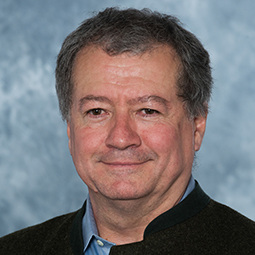
John Rose
Professor

Christian O'Reilly
Assistant Professor
- Computational Biology Lab
- Machine Learning and Evolution Lab
- Laboratory for Integrative Neuroscience Analysis
Computer Vision and Image Processing
Computer vision focus on developing algorithms for detection and recognition of objects from static images or activities from videos. It has become one of the most active research areas in AI and is fundamental to modern self-driving cars and advanced imaging and medical imaging technology and many other applications. Research at UofSC CSE has focused on the development of advanced computational algorithms for natural image understanding, segmentation from medical MRI/CT and miscroscopic images, and recognizating objects from images and human activities from videos. We also work on deep learning algorithms for facial expression recognition, algorithms for histology image segmentation, and robotic visual perception.

Song Wang
Professor

Yan Tong
Associate Professor

Jianjun Hu
Professor

Ioannis Rekleitis
Associate Professor
AI for Science, Material Informatics, Deep Generative Design
The discovery of new materials and molecular structures with superior functions is a fundamental research goal in chemistry, materials, and biology with potential to transform industries of billions of dollars such as battery materials for electrical vehicles and drug design in pharmeuceutical industry. Instead of relying on expert heuristic knowledge and traditional tinkering design process, modern AI and especially deep learning are enabling revolutionary progress in all fields of science from physics to chemistry and to materials science as proved by one of the biggest recent breakthroughs in biology: the AlphaFold algorithm for protein structure prediction. The research strength as UofSC CSE includes world's leading materials informatics research in AI-driven generative design of materials, graph neural networks based materials property prediction, state-of-the-art algorithms for crystal structure prediction, computational chemistry, computational medicine, and knowledge-fused AI for science.

Jianjun Hu
Professor

John Rose
Professor

Amit Sheth
Professor

Homay Valafar
Professor
Robotics and Agents
Autonomous and smart robots are finding wide applications from manufacturing to entertainment, home, rehabilitation, search and rescue, and service applications. Robotics works on problems in many areas including hybrid systems, embedded systems, sensory fusion, distributed artificial intelligence, computer vision, machine learning, human-machine interaction, localization, planning, navigation, etc. Research strength on this topic at CSE includes underwater/marine robots, surface/ground/drone/space robots and algorithms for planning, motion, and multi-robot cooperation. We also work on multi-agent systems and learning algorithms for robots.

Ioannis Rekleitis
Associate Professor

Pooyan Jamshidi
Assistant Professor

Jose M. Vidal
Professor
Computing Hardware and Systems
Novel computing hardwares develop new and specialized computing devices that can achieve 100 times or more computing and inference speed for big data processing, real time communication, and AI inference. Research at UofSC has focused on heterogeneous computing, FPGA computing algorithms, neuromorgphic computing hardware, hardware for cryptography and blockchain, milli-meter wave communication, wireless systems and architectures, and machine learning systems.

Jason Bakos
Professor
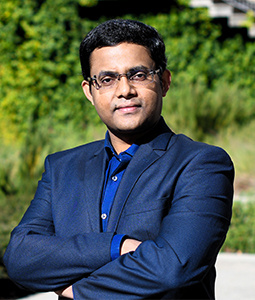
Sanjib Sur
Assistant Professor

Ramtin Zand
Assistant Professor

Pooyan Jamshidi
Assistant Professor
- Heterogeneous and Reconfigurable Computing Group
- AI System Lab
- Intelligent circuits, architectures, and systems (ICAS) Lab
- SyReX (Systems Research on X)
Cybersecurity, Computer and Network Security
Cyber security research develops technologies to protect systems, networks, programs, devices and data from cyber attacks. It aims to reduce the risk of cyber attacks and protect against the unauthorised exploitation of systems, networks and technologies. Our research strength includes software and systems security including mobile security, IoT security, malware analysis, vulnerability analysis, information security, financial and legal analysis of cyber crimes, network intrusion detection, and wireless network security. We use a variety of techniques including AI, ML, deep learning, and modern language models.
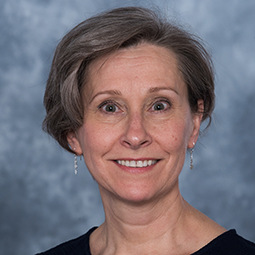
Csilla Farkas
Professor
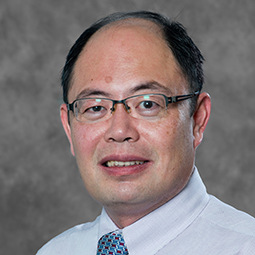
Chin-Tser Huang
Professor
- Center for Information Assurance Engineering (CIAE)
- Secure Protocol Implementation and Development Lab
- HBCU-USC Collaborative Lab for Cyber Security
Network and Mobile Computing
Networking and Mobile Computing work on designing efficient and secure communications protocols and architectures for exchanging data among computers and mobile devices. Research on this topic at UofSC CSE Department focuses on network security, network protocol design and verification, intrusion detection and wireless network and mobile security, wireless networking, internet routing. We also work on wireless systems and architectures, millimeter-wave communications and networks, Internet of Things (IoT) connectivity and security, and IoT sensing systems.

Chin-Tser Huang
Professor
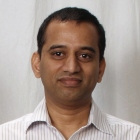
Srihari Nelakuditi
Professor

Sanjib Sur
Assistant Professor
Theory and Algorithms
We explore theoretical foundations of computing computability and computational complexity, especially quantum computing and information. We develop complex planning algorithms for autonomous robotics and phylogenetic tree reconstruction and develop causal AI algorithms for optimizing high performance machine learning systems
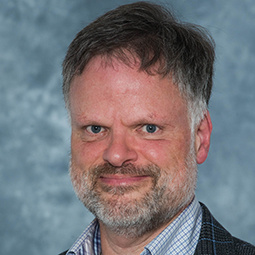
Stephen A. Fenner
Professor

Jijun Tang
Professor

Pooyan Jamshidi
Assistant Professor
Computational Neuroscience
Biological neural networks inspired deep learning technology is making breakthroughs in many scientific fields from biology, to materials, and neuroscience. Howover, the idea source of modern AI, the biological brain mechanisms have never been exhausted. The secrets of memory, learning, planning, consciousness have yet to inspire development of next generation AI systems. Research on this topic at UofSC focuses on devloping novel ways to empower the study of neuroscience through AI and to empower AI through biologically inspired neural networks. We also work on algorithms, dynamics, and control analysis of neuron ensembles

Vignesh Narayanan
Assistant Professor

Christian O'Reilly
Assistant Professor
Computational Humanities and IT
We study strategic and economic impacts of information technology (IT) such as IT value, software patent policy design, IT offshoring, and the social costs of information privacy. We also explore new approaches for goal-oriented, ethical, human-machine collaboration via natural interfaces using domain and user models, learning, and planning

Biplav Srivastava
Professor

Matt E. Thatcher
Chair, Professor
- 3326 views